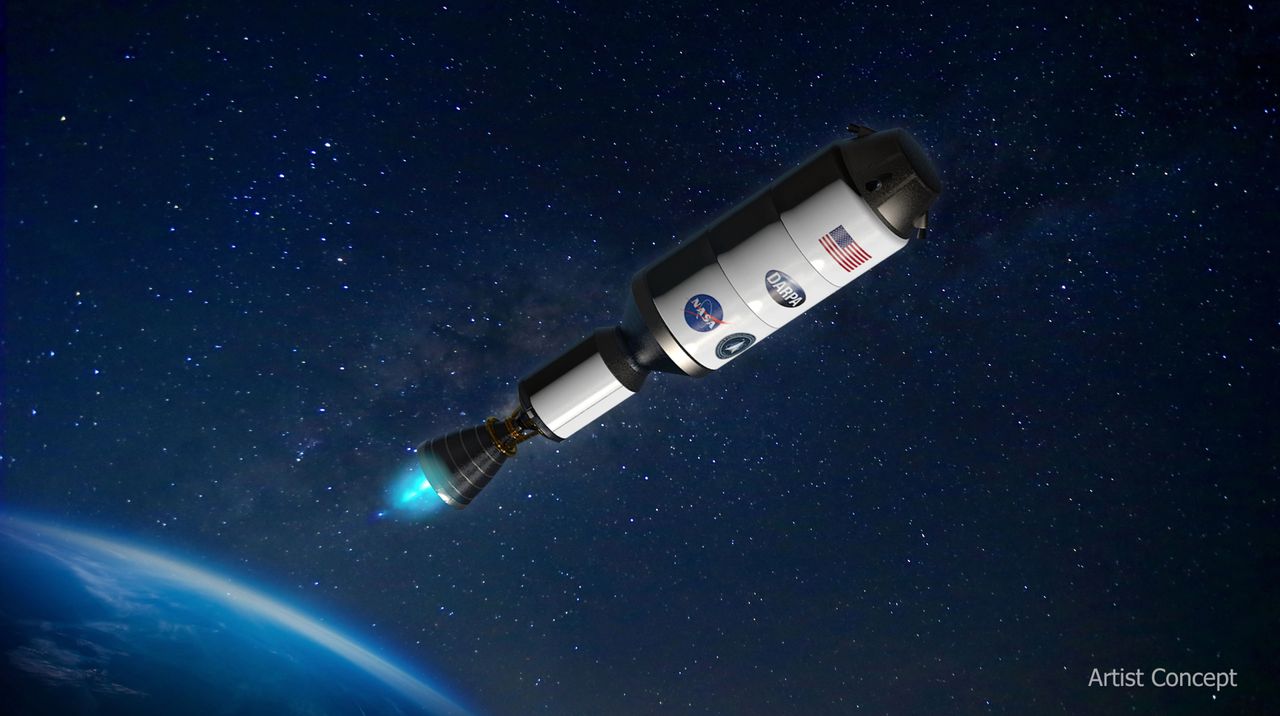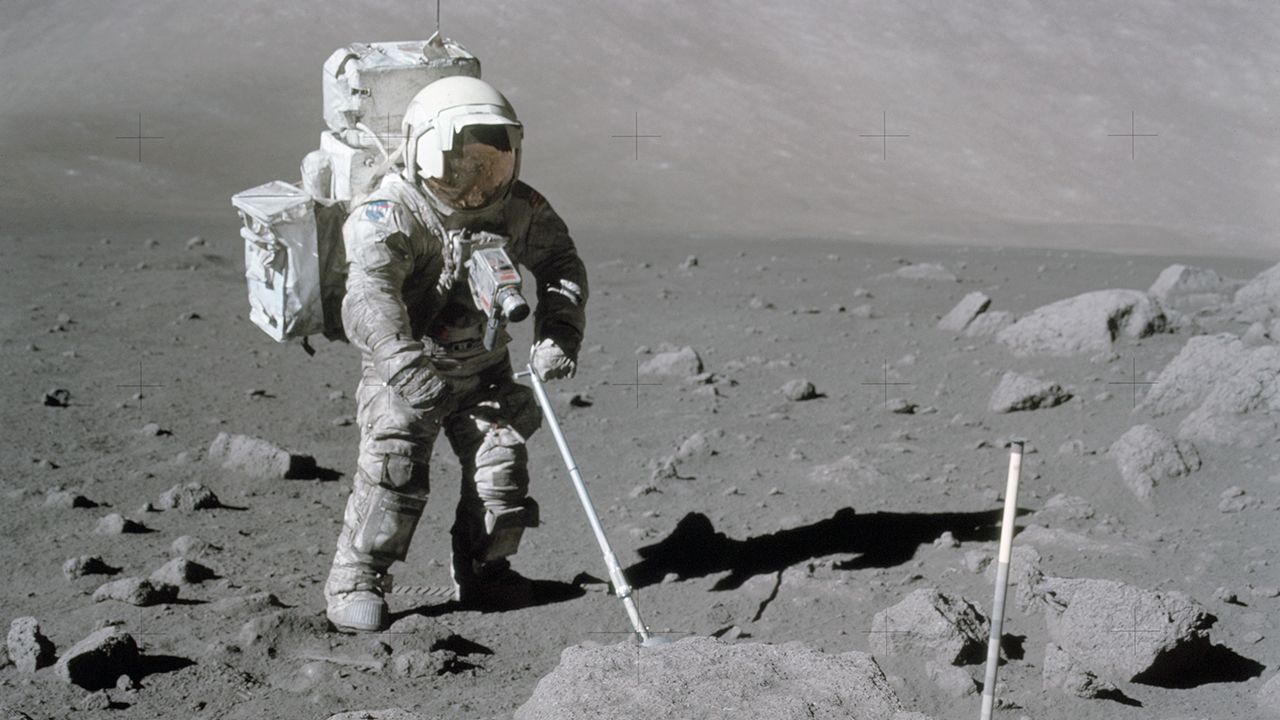Smallmouth Bass Evolve to Evade Electric Culling in Adirondack Lake
NeutralScience
In a fascinating turn of events, scientists have discovered that smallmouth bass in Adirondack Lake have evolved to evade electric culling methods used to control invasive fish populations. This rapid evolution highlights the resilience of nature and raises important questions about the effectiveness of current fish management strategies. Understanding these adaptations is crucial for developing better conservation practices and ensuring the health of aquatic ecosystems.
— Curated by the World Pulse Now AI Editorial System
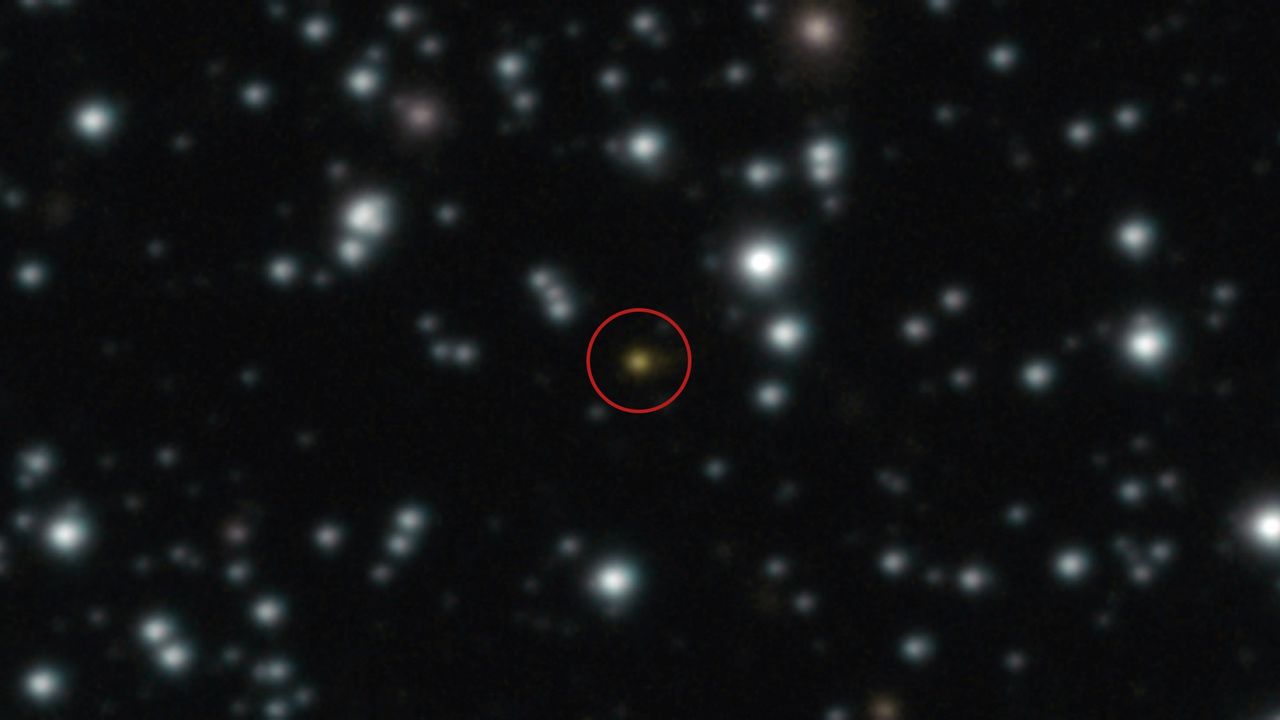

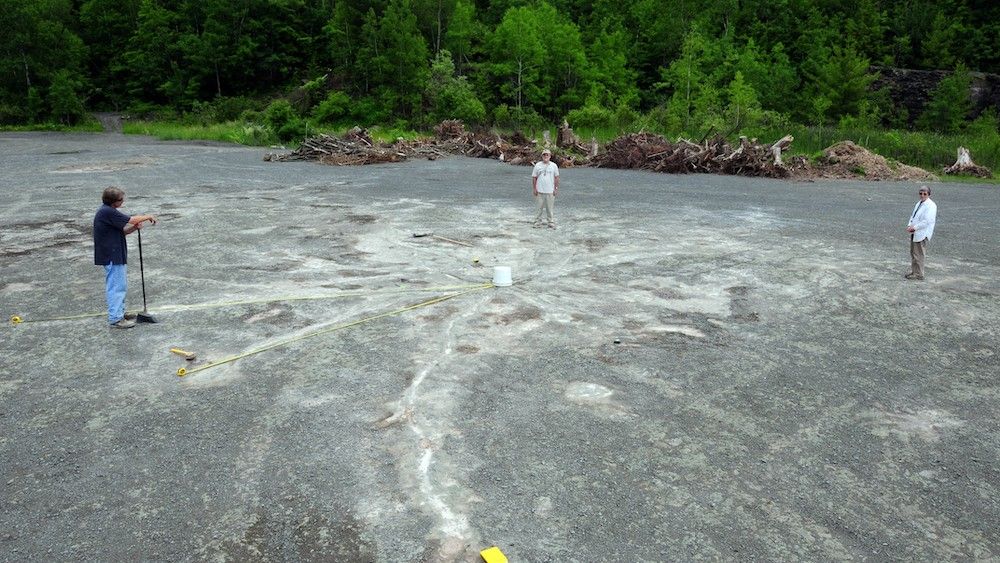

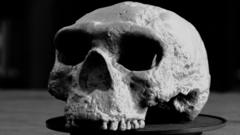
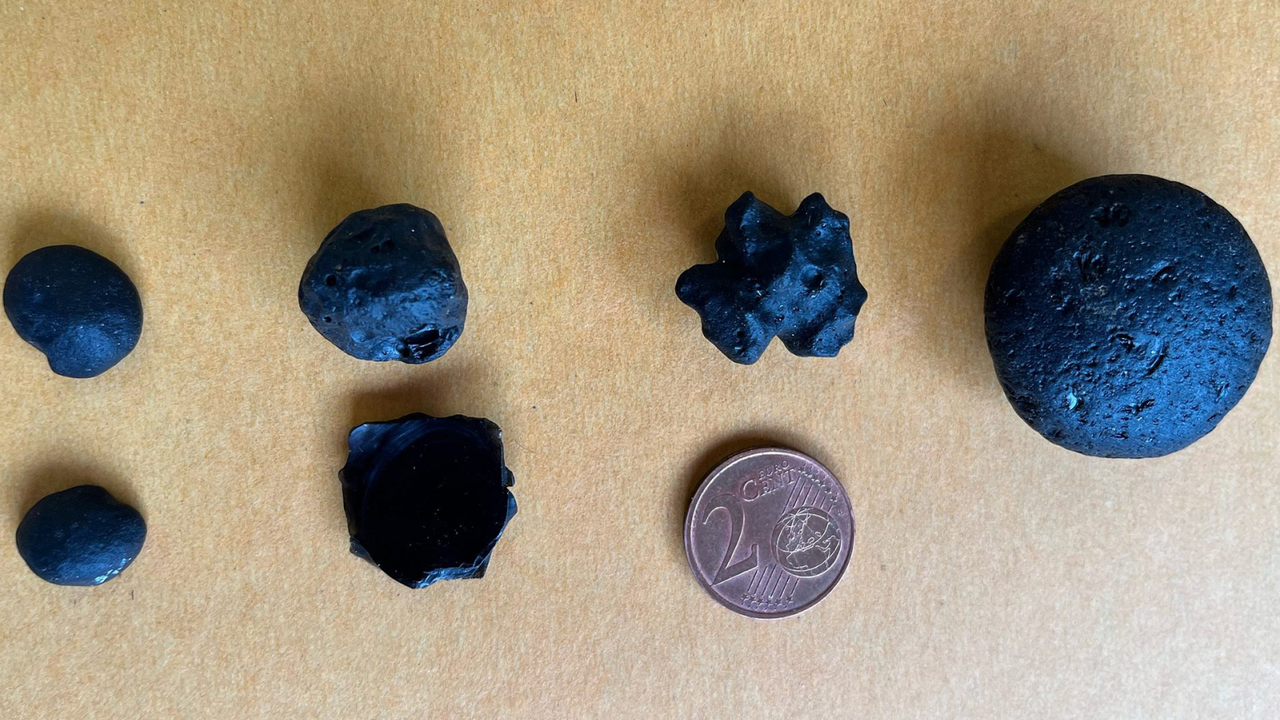
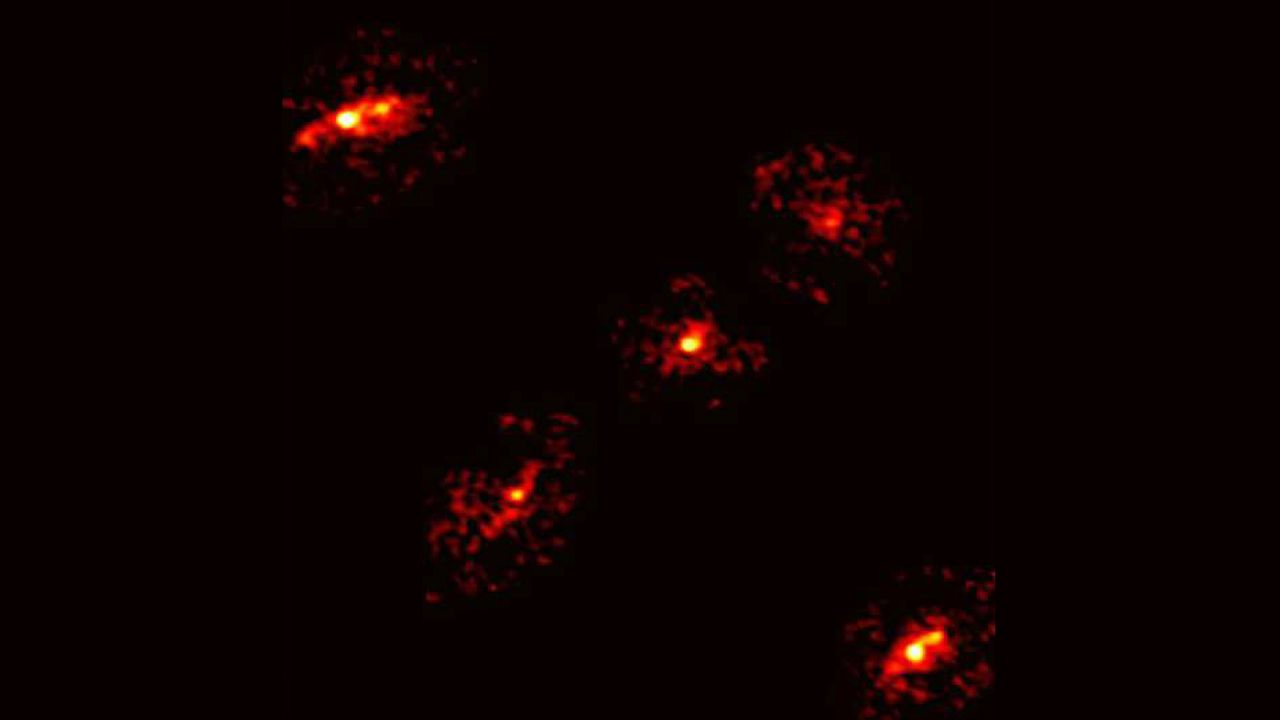

/https://tf-cmsv2-smithsonianmag-media.s3.amazonaws.com/filer_public/df/36/df36577b-9bda-4d06-a09a-1bba368f72fe/gettyimages-494325112_web.jpg)
